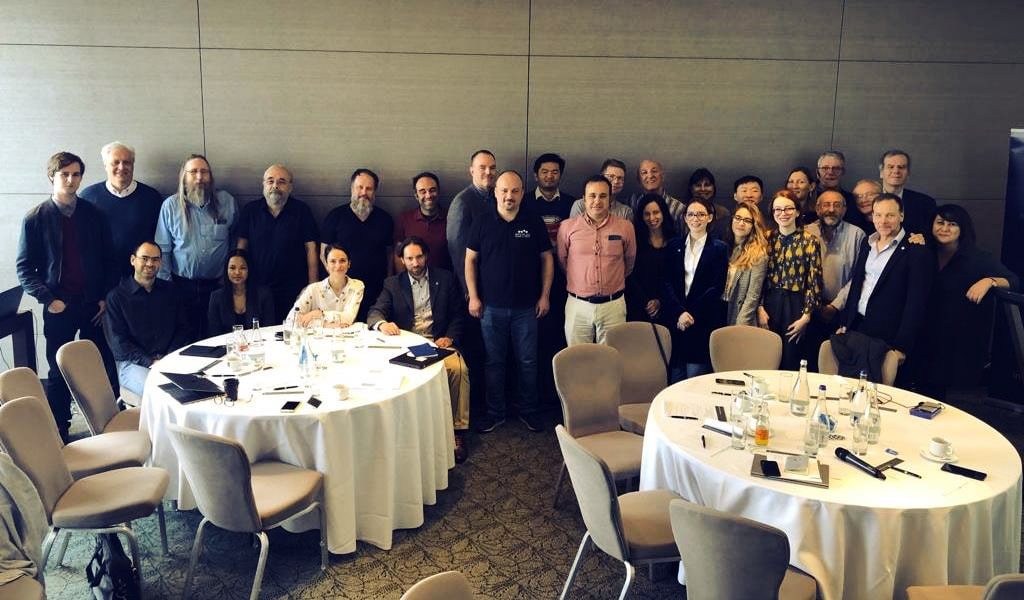Docker Tools for Modernizing Traditional Applications
Over the past two years Docker has worked closely with customers to modernize portfolios of traditional applications with Docker container technology and Docker Enterprise, the industry-leading container platform. Such applications are typically monolithic in nature, run atop older operating systems such as Windows Server 2008 or Windows Server 2003, and are difficult to transition from on-premises data centers to the public cloud.
The Docker platform alleviates each of these pain points by decoupling an application from a particular operating system, enabling microservice architecture patterns, and fostering portability across on-premises, cloud, and hybrid environments.
As the Modernizing Traditional Applications (MTA) program has matured, Docker has invested in tooling and methodologies that accelerate the transition to containers and decrease the time necessary to experience value from the Docker Enterprise platform. From the initial application assessment process to running containerized applications on a cluster, Docker is committed to improving the experience for customers on the MTA journey.
Application Discovery & Assessment
Enterprises develop and maintain exhaustive portfolios of applications. Such apps come in a myriad of languages, frameworks, and architectures developed by both first and third party development teams. The first step in the containerization journey is to determine which applications are Continue reading


 "Vendors want to ensure they can sell SD-WAN in conjunction with other services to maximize...
"Vendors want to ensure they can sell SD-WAN in conjunction with other services to maximize... It uses the vendor’s Open5G Platform edge software stack and enables network operators and...
It uses the vendor’s Open5G Platform edge software stack and enables network operators and...
 SDxeCentral Weekly Wrap for June 14, 2019: Cisco stays above the Huawei fray; Intel puts its shoes...
SDxeCentral Weekly Wrap for June 14, 2019: Cisco stays above the Huawei fray; Intel puts its shoes...


